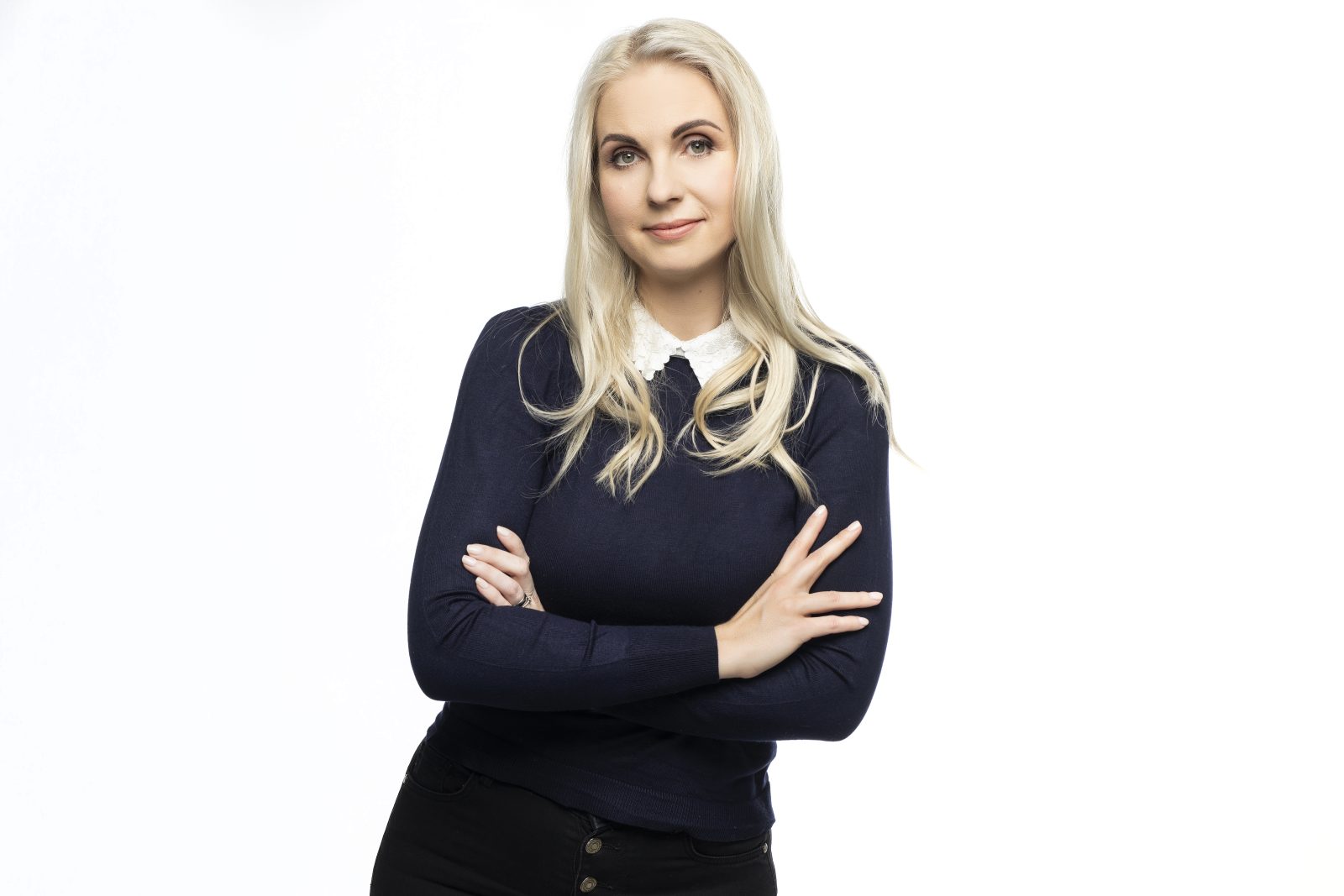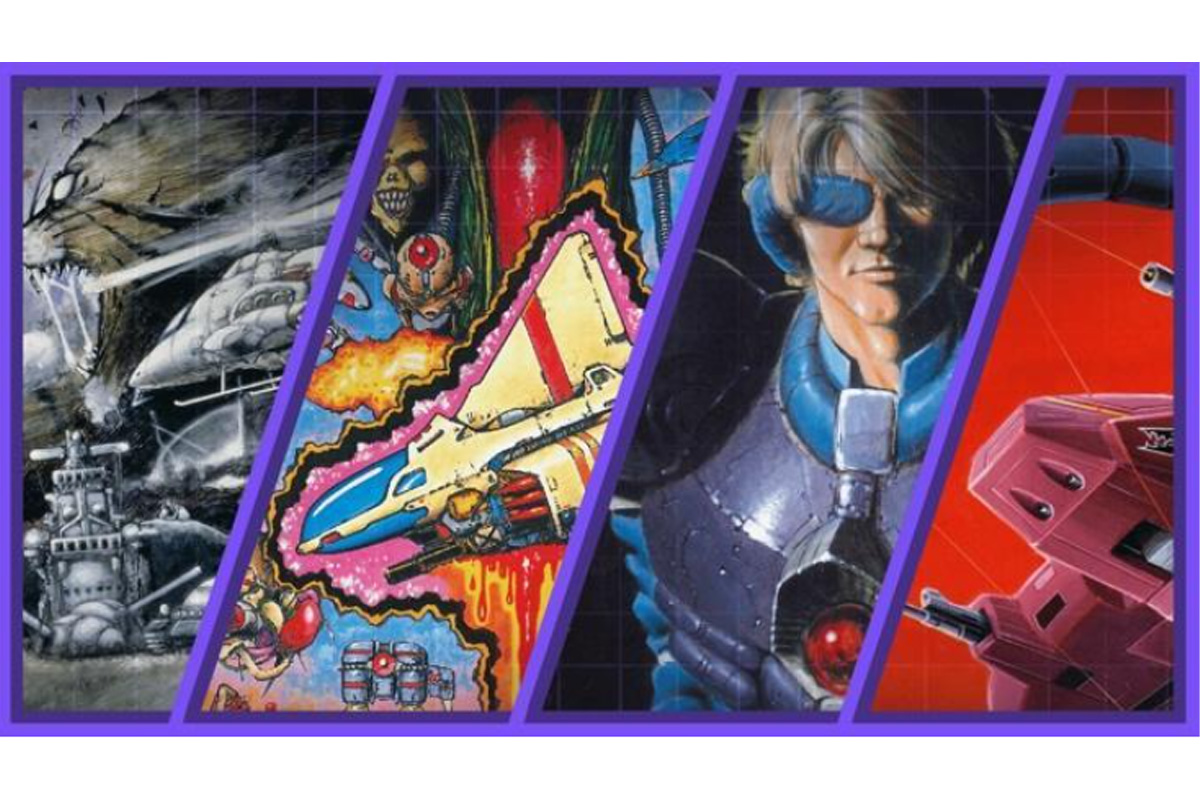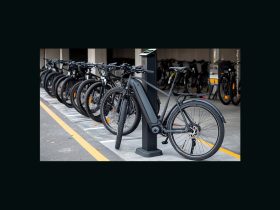An illuminating journey as we delve into the nuanced perceptions of EU integration and identity in the Baltic region through the eyes of Katri, an Estonian with a deeply cosmopolitan perspective. From her unique vantage point, Katri offers invaluable insights into the complexities of Baltic-EU relations, shedding light on both, the aspirations and concerns of individuals in the region.
Betty: To start, could you share a bit about yourself/yourselves and your connection to the Baltic region, as well as what sparked your interest in exploring people’s perceptions of the EU?
Katri: I’m Katri, an Estonian, currently residing in Tallinn, Estonia. That being said, I’ve spent a significant portion of my life in the UK. In addition, being married to a Frenchman and raising a bilingual daughter, it’s fair to say that my household and daily life are truly international. So, I’ll go by defining myself as a proud Estonian with a very cosmopolitan life and mindset
Betty: How do individuals in the Baltic region generally view their relationship with the European Union?
Katri: As an Estonian living in one of the Baltic countries, I can only speculate and share my personal perspective on how it feels, without speaking on behalf of others (Estonians and Baltic nationalities alike). That being said, I believe that in the Baltic region, individuals generally view their relationship with the European Union positively. Membership in the EU is seen as providing numerous benefits, including economic development, political stability, and opportunities for cultural exchange. Additionally, the EU is perceived as a platform for promoting democratic values and human rights, which align closely with the priorities of many Baltic citizens. However, as in any region, there may be varying perspectives and debates regarding specific EU policies or issues
Betty: From your observations, what are some of the positive aspects of EU membership that people in the Baltics appreciate?
Katri: I was born behind the Soviet Iron Curtain, so Estonia was a very different place compared to today. We were very ‘cut off’ (literally!) from the rest of the world and couldn’t know any different. However, I have always been a curious rebel. At a very young age, I gave myself a solemn oath that no matter what, I would ‘climb’ the wall and embark on adventures around the world to experience and learn, a commitment I have consciously upheld throughout my life. Therefore, the fact that today we can move freely, speak freely, and think freely – these are definitely huge wins, as I remember firsthand that it hasn’t always been the case.
Betty: Conversely, what concerns or reservations do people in the Baltics tend to have about their connection to the EU?
Katri: From my perspective, while many in the Baltics (again- I can speak specifically as Estonian) appreciate the benefits of EU membership, some individuals and groups express concerns or reservations about certain aspects of their connection to the EU. Common concerns include issues related to sovereignty and decision-making, as some fear that EU policies and regulations may undermine national autonomy. Additionally, there are debates about the distribution of EU funds and resources, with some feeling that the allocation does not always address the specific needs of Baltic countries adequately. Furthermore, cultural identity and the preservation of national traditions are important considerations for people, leading to discussions about the impact of EU integration on local customs and values. Overall, while EU membership brings numerous advantages, it also prompts nuanced discussions and reflections on the balance between regional interests and supranational cooperation.
Betty: In what ways do you think EU integration has influenced the daily lives and experiences of individuals in the Baltic states?
Katri: EU integration has had a significant impact on the daily lives and experiences of individuals in the Baltic states in several key ways. Firstly, the free movement of goods, services, and people within the EU has facilitated increased trade and travel opportunities, allowing Baltic citizens to work, study, and explore different European countries more easily. Secondly, EU funding programs have supported infrastructure development, environmental projects, and social initiatives, improving the quality of life and enhancing access to essential services in the Baltic region. Additionally, EU regulations and standards have helped to modernize various sectors, including agriculture, industry, and consumer protection, aligning Baltic practices with European norms and fostering economic growth. Furthermore, EU membership has promoted cultural exchange and cross-border cooperation, enriching the cultural landscape and promoting understanding among European nations. Overall, EU integration has brought tangible benefits and opportunities to the daily lives of individuals in the Baltic states, shaping their experiences in a dynamic and interconnected Europe.
Betty: Have you noticed any changes in attitudes or opinions among people in the Baltics regarding their identity and belonging within the EU?
Katri: Indeed. There have been noticeable shifts in attitudes and opinions among people in the Baltics regarding their identity and belonging within the EU. Initially, there was a strong sense of aspiration and enthusiasm for EU membership, as it represented a pathway to prosperity, stability, and integration with the wider European community after decades of Soviet rule. However, as the Baltics have become more integrated into the EU, discussions about national identity and sovereignty have gained prominence. Some individuals express concerns about potential cultural homogenization or loss of national autonomy within the EU framework. Concurrently, there is a growing recognition of the benefits of EU membership, such as increased opportunities for economic development, educational exchange, and cross-border collaboration. Despite these debates, many in the Baltics continue to view EU membership as a fundamental aspect of their identity and a source of collective strength in an increasingly interconnected world.
Betty: Looking ahead, what are some hopes or concerns that people in the Baltic region have regarding the future of their relationship with the EU?
Katri: I think there are a variety of both – hopes and concerns alike. On one hand, there is a hope for continued economic growth and prosperity through deeper integration with the EU`s Single Market and Access to different funding opportunities required for development projects. Also, there is a desire for further strengthening of democratic values, human rights protections, and the rule of law, which are seen as core principles of the EU. Furthermore, there is optimism about the potential for increased collaboration in areas such as security, climate change mitigation, and digital innovation, which are crucial for addressing shared challenges.
However, there are also concerns about potential risks and uncertainties. For instance, there are worries about the potential impact of geopolitical tensions and external pressures on the stability and security of the Baltic region, particularly in light of recent events. Additionally, there are concerns about maintaining national sovereignty and identity amidst ongoing debates about EU policies and integration efforts. Moreover, there is a need for continued efforts to address disparities in economic development and social inclusion within the Baltics and across the EU as a whole.
Betty: Any final remarks or something that you would like to share with us?! (about culture, ethics, sociology, lifestyle, etc., or anything about people’s perceptions in that area, or you think it is important).
Katri: I would like to emphasize that we don’t have to choose to identify ourselves only as one or the other – we can and should be the proud representatives of our nationalities while also being Europeans. It is all about finding a balance that works for us where we can preserve our national core and also embrace enriching diversities. It is indeed a journey, and we are still young on that path, but we are surely already walking it.








Leave a Reply